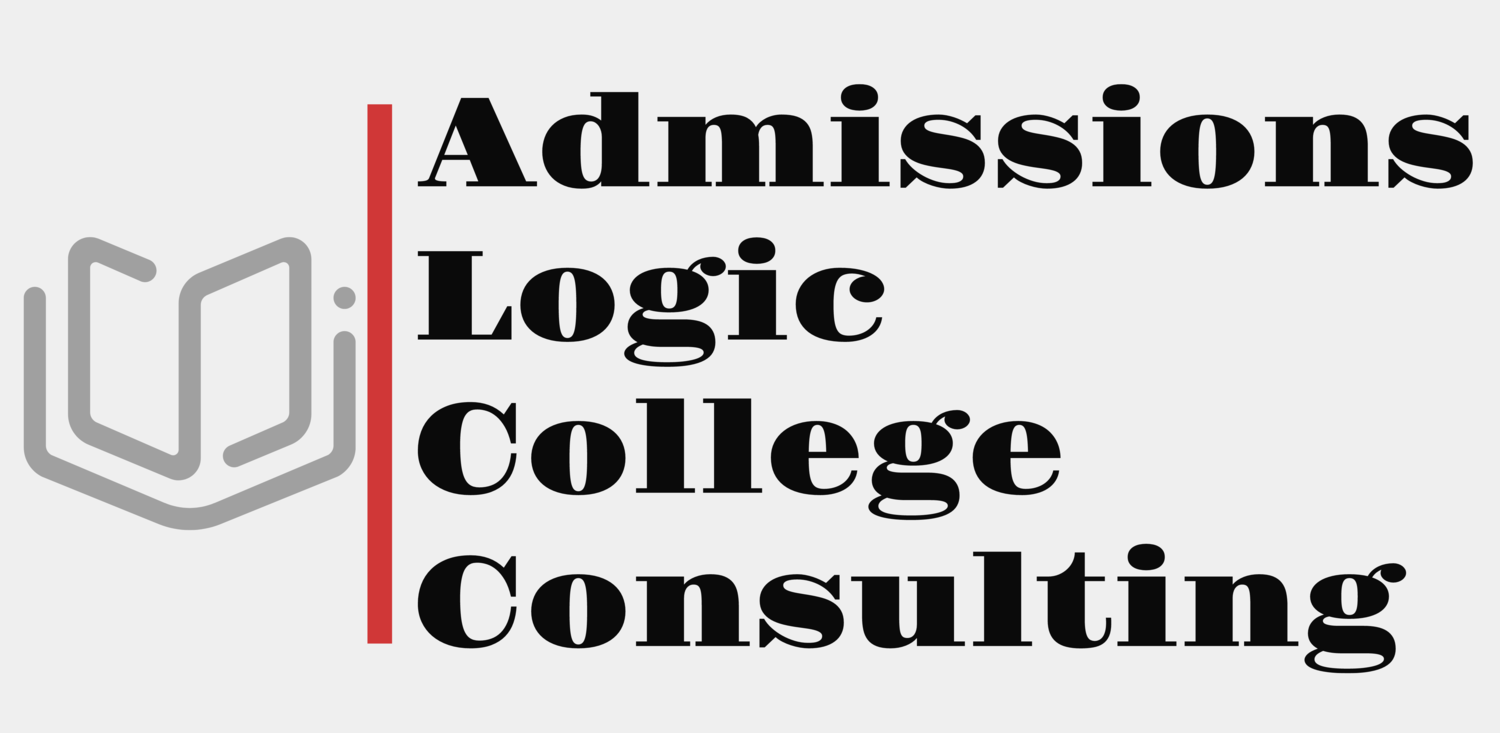THE COMMUNITY COLLEGE OPTION
Advantages of Attending a Community College
Community colleges are a great option for students who are seeking a more affordable option for college. Students can still live at home avoiding boarding costs and can continue to work or offer help around their home, particularly with younger siblings or elderly adults. Tuition costs per hour are less at community colleges than courses offered at larger public colleges and universities. Front Range Community College (FRCC) consists of 4 campuses in the North Denver-Metro area and offers bachelor’s degree programs in Nursing and Applied Geo-Spatial Science. The Boulder County Campus focuses on programs in Integrated Manufacturing and Electronic Engineering offering classes in technology and general class curriculums. The main classroom building at the Boulder County Campus includes a large open social area much like a typical college student union and students can participate in 20 different extra-curricular clubs and organizations. There are many advantages in attending a community college including affordability, flexibility and typically lower numbers of students per class.
Community colleges, including FRCC, have matriculation agreements with nearby 4-year schools offering an easy transition to bachelor’s degree programs after an associate’s degree has been earned. Access the program at Colorado’s Guided Pathways Guaranteed Transfer Program. In August of 2022, the University of Colorado - Boulder joined Colorado’s other public universities by guaranteeing admission to all first-year, first-time students who complete an associate degree through the Colorado Community College System’s Bridge to Bachelor’s Degree Program. CCCS students who participate in the Bridge to Bachelor’s Degree program will have access to:
· Personalized student advice and guidance to ensure credits and administrative support are in place to easily transfer to a desired four-year program.
· Scholarship opportunities to make degrees from a four-year institution more attainable and affordable.
· A no-hassle transfer process between participating two-year and four-year programs, ensuring a smooth transition.
Each year, about 9,000 students transfer to a four-year college or university, saving nearly $20,000 in total cumulative tuition costs by starting at a CCCS college.
Community college students can also apply to the U.S. Air Force ROTC Scholarship Program (HSSP) which provides students with monthly stipends and travel reimbursements. Students may be eligible for full or partial scholarships that can help pay for tuition.
For those students who may not have had a great high school experience resulting in lower high school GPA’s, attending a community college first can aid in enhancing students’ transcripts to gain admission to more rigorous and prestigious 4-year degree programs. Additionally, for those students who do not have any idea as to what they would like to study or which degree to pursue in college, attending a community college first offers students the opportunities to explore options at a cheaper price.
Students with learning disabilities (LD) can also benefit by attending a community college as a transition or ‘steppingstone’ from high school to a post-secondary school environment. Most LD students have received additional physical aid or accommodations while in public-school settings. When these students graduate from high school and matriculate to college, learning accommodations are no longer a requirement of the post-secondary educational system. Some colleges may provide resources to assist or aid students in post-secondary educational environments, but many times, these services require an additional cost. Attending a community college offers flexibility and resources to learning in advanced post-secondary educational environments prior to matriculating to more rigorous and expensive 4-year programs.
The only negative aspect of attending a community college prior to enrolling in 4-year degreed programs is that depending on the number of credit hours earned from a community college, a student may be considered a transfer student which can impact financial aid opportunities at matriculating colleges. If too many credit hours are obtained at a community college the student may be admitted as a sophomore or junior resulting in less financial aid opportunities than those who are first-time students or incoming freshmen.
The best recommendation is to create a plan. Parents and students should research and understand what the requirements and opportunities are required for intended majors and then develop a plan to work toward a degree culminating in graduating with a bachelor’s degree.



